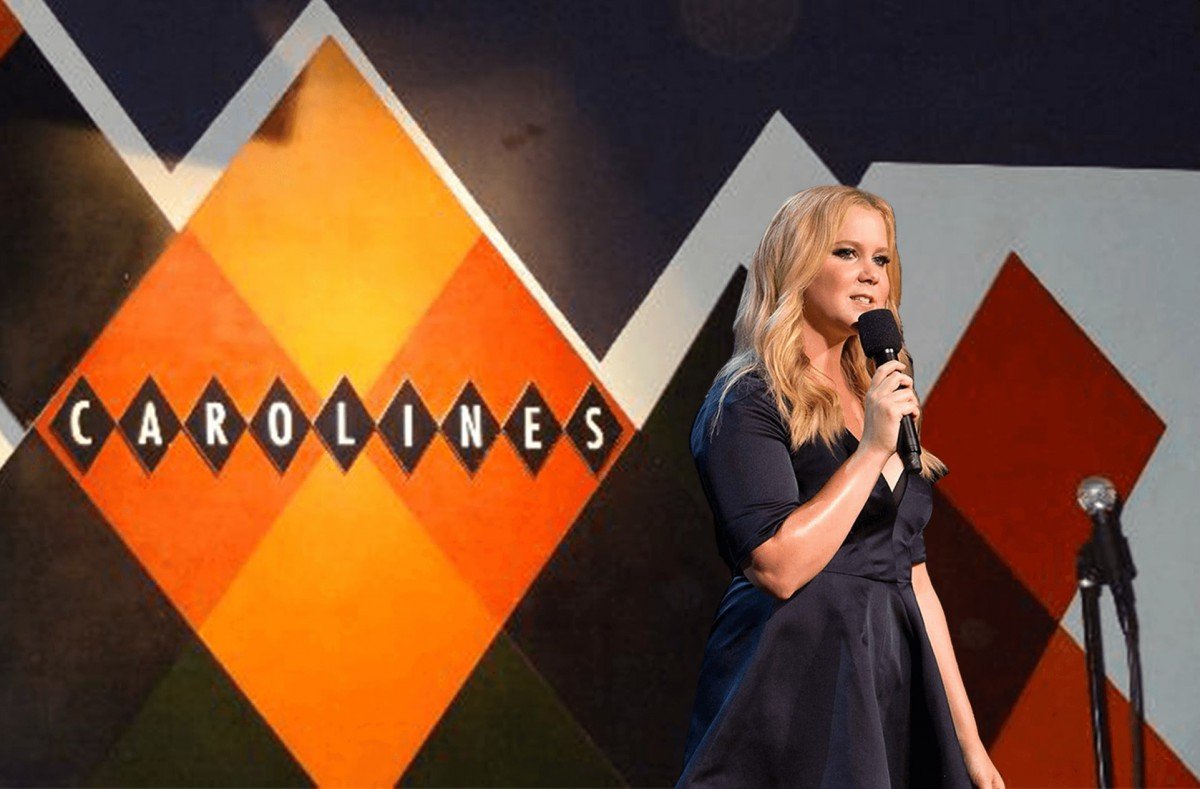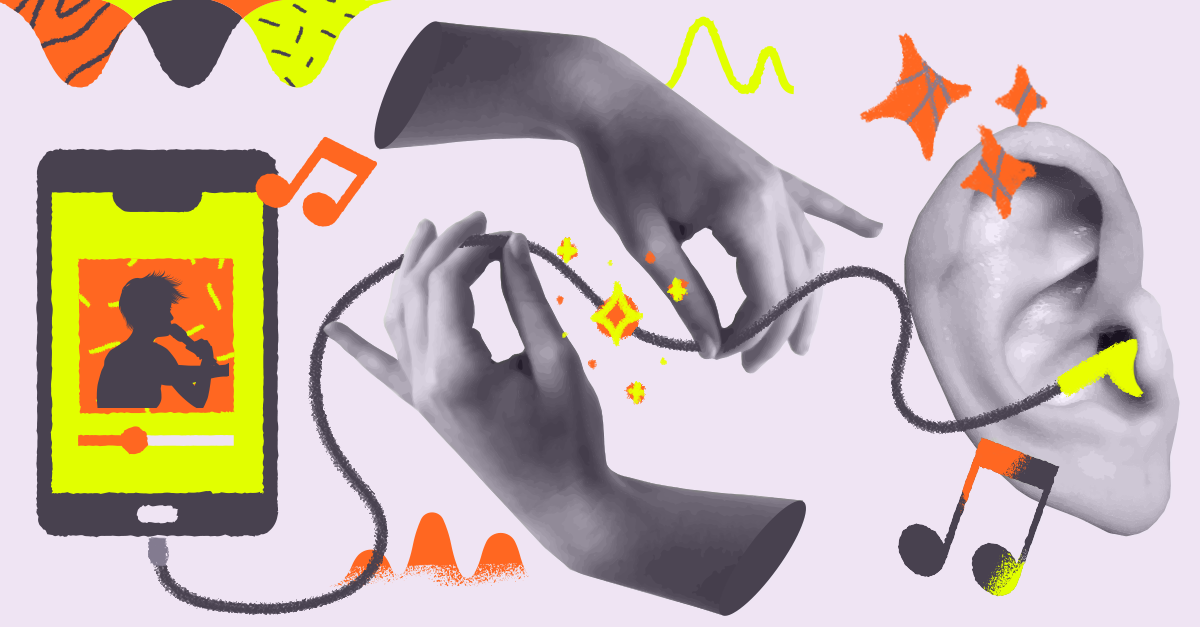
WHY COMEDY CAN ELEVATE YOUR BRAND
Andrew Beranbom | 9.30.21
Humor can be a potent force in creating deeper emotional connections with your audience.
Laughter is universal and something people are craving. Kantar’s August 2020 analysis of advertising trends shows that surprisingly few brands have been taking a humorous approach during the pandemic. Kantar says this is a missed opportunity, as 75% of consumers tell them funny ads are exactly what they want to see.
Ignoring the powerful psychological and social alchemy comedy creates is a mistake brand marketers can easily avoid. Engaging customers’ funny bones make your brand more memorable and human, and creates positive mental associations. The key is to fully understand the connection between making consumers laugh and making them customers for life. Here’s how.
We Remember the Things that Make Us Laugh
An analysis of Super Bowl ads between 2014-2019 found that 60% of them were funny, compared to 25% of all ads broadcast throughout the year. There’s a reason for that. Comedy works.
The journal Humor points to the phenomenon whereby people recall humorous material at higher rates than non-humorous material. If you think about some of the more memorable ad campaigns in recent years, they probably stick in your mind because they made you laugh.
Leveraging comedy in marketing is prevalent in not-particularly-thrilling consumer products, like car insurance. Brands like Geico, Progressive, and Liberty Mutual have used colorful, comedic characters as a central focus. Who can forget Geico’s anthropomorphic Gecko? Some of these campaigns have transcended mere advertising and become cultural icons in their own right.
Unless we’re making a claim, most consumers seldom think about their car insurance provider. By tapping into our desire to be amused, these brands have amassed a greater portion of consumer mindshare than would have been possible through a more straight-laced approach. Since the debut of the Gecko, Geico has gone from the eighth-largest auto insurer in America to the second-largest.
A Sense of Humor Makes Brands More “Human”
One way brands can separate themselves from the pack is by dispensing with the carefully curated, buttoned-up image…maybe getting even a little snarky.
Fast food giants like Chick-fil-A, Burger King, and Wendy’s troll each other and other users on Twitter constantly, and it’s hilarious. Once, somebody tweeted for advice because they wanted Wendy’s, but their girlfriend wanted McDonald’s. Wendy’s replied, “There are plenty of fish in the sea.”
Didn’t that alone make them seem more human than brand? They’re being funny in the same way people in real life are funny. It’s sarcastic and edgy; it mimics how most people genuinely interact with their closest friends. Combined, the three brands have amassed over 10 million Twitter followers, with heavy engagement on every post, giving the brands countless free advertising as their tongue-in-cheek Twitter battles play out with their rivals.
Comedy Creates Positive Mental Associations
When we see something funny, our brains flood with happy chemicals like endorphins, dopamine, and oxytocin, the latter of which is commonly known as the “empathy hormone.” That hormone allows us to understand and share the feelings of another. By engaging your audience in a comedic way, you’re connecting with consumers on a neurochemical level, which makes them associate those positive feelings with your brand.
Of course, it’s not all science behind why marketers use comedy. People just plain like to laugh, and like to see that a brand doesn’t take itself too seriously. It’s the main reason First Tube Media partnered with Caroline’s on Broadway, an iconic comedy club in the heart of New York City. FTM will bring brands the opportunity to work directly with Caroline’s popular talent to create custom live digital experiences.
Comedy also doesn’t even have to be laugh-out-loud funny to resonate. Comedian and author Andrew Tarvin recently said in Forbes that when it comes to using comedy in marketing, the humor boils down to something that is “comic, absurd, or incongruous that causes amusement.” He says marketing campaigns can benefit by adding levity, when appropriate. “If you get a consumer to laugh, you get them to listen. If you get them to listen, you get them to learn, and ultimately act,” he said.



